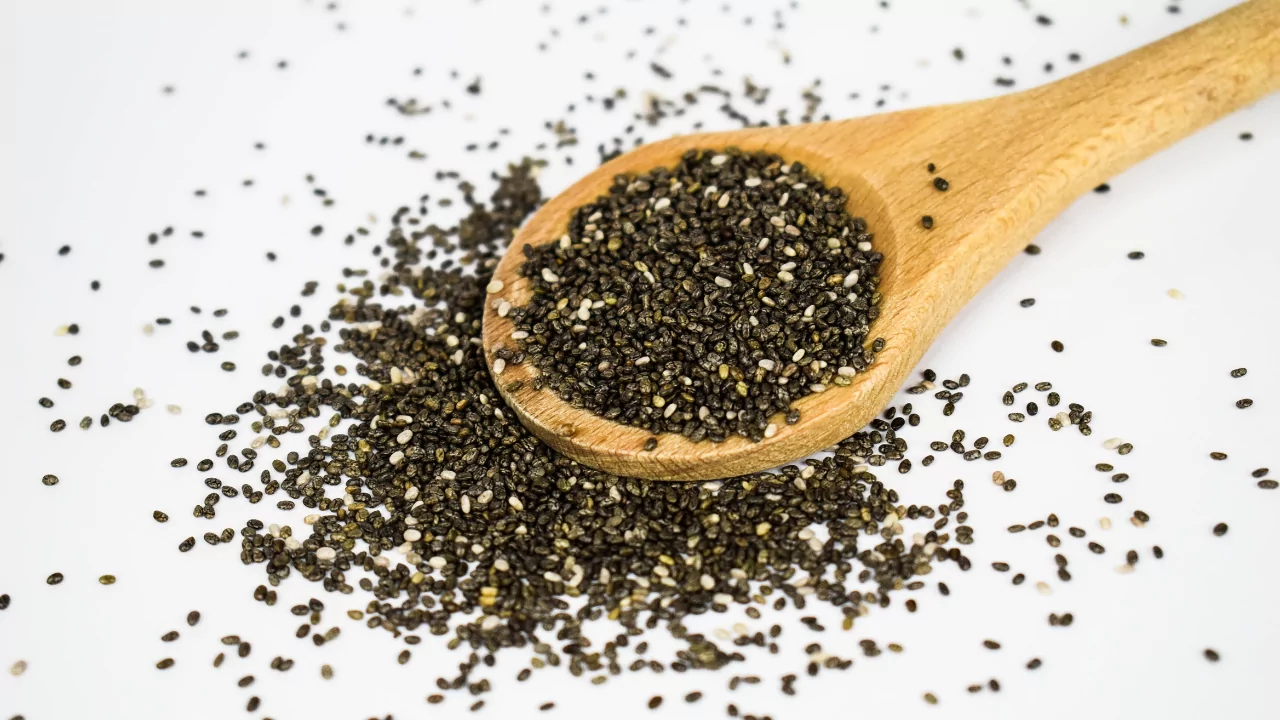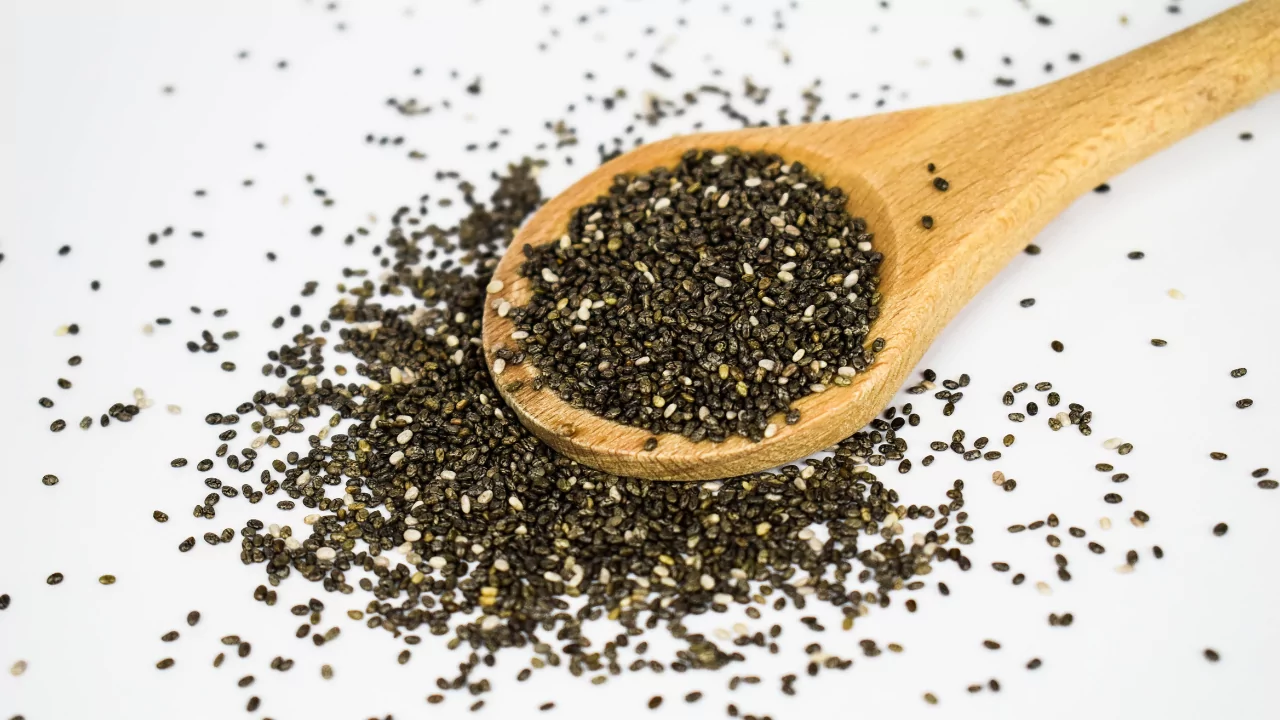The Science-Backed Health Benefits of Basil Seeds

Summary
Basil seeds (Ocimum basilicum), commonly known as sabja or tukmaria seeds, are emerging as a functional food with promising health effects. This review highlights their scientific benefits, especially for digestion, weight management, and blood sugar control. Rich in soluble fiber, alpha-linolenic acid (ALA), and polyphenols, basil seeds promote satiety, regulate glucose absorption, and support gastrointestinal health. While more targeted human trials are needed, current evidence supports their inclusion in diets for metabolic health and chronic disease prevention.
Introduction

Basil seeds (Ocimum basilicum), also known as sabja or tukmaria seeds, have been traditionally used in Ayurvedic and Chinese medicine for their health-promoting properties. In recent years, they have gained popularity as a functional food due to their dense nutritional composition and promising therapeutic effects. This article reviews the scientific literature on the health benefits of basil seeds, focusing on their roles in improving digestion, supporting weight loss, and managing blood glucose levels.
Nutritional Composition
Basil seeds are rich in dietary fiber, polyphenols, plant-based omega-3 fatty acids (primarily alpha-linolenic acid), and essential minerals such as calcium, magnesium, and iron. According to nutritional analyses, approximately 100 grams of basil seeds contain:

Dietary fiber: ~20–25 g
Protein: ~14–15 g
Fat: ~13–15 g (including ALA)
Carbohydrates: ~50–55 g
Calcium: ~400–500 mg
Magnesium: ~300–350 mg
These components provide the biochemical basis for many of their health effects.
1. Digestive Health

Basil seeds' high fiber content enhances gastrointestinal motility and regularity. When hydrated, the seeds develop a mucilaginous layer that aids in bowel movement and soothes the digestive tract. This mucilage acts as a mild laxative and prebiotic, supporting the growth of beneficial gut bacteria (Slavin, 2013).
2. Weight Loss and Satiety

The gelatinous texture basil seeds develop when soaked contributes to prolonged satiety. Consuming hydrated basil seeds may delay gastric emptying and reduce subsequent food intake. Additionally, alpha-linolenic acid found in basil seeds has been linked to improved lipid metabolism and reduced inflammation—two key factors in obesity management.
3. Blood Sugar Regulation

Basil seeds help regulate postprandial glucose levels by slowing the absorption of carbohydrates. Their mucilage reduces the glycemic load of meals, potentially benefiting individuals with type 2 diabetes or prediabetes. Antioxidant polyphenols in the seeds further enhance insulin sensitivity and reduce oxidative stress.
Additional Benefits
Emerging studies suggest basil seeds may also offer cardiovascular, dermatological, and anti-inflammatory benefits due to their phytochemical composition. However, these claims require further clinical investigation.
Conclusion
Basil seeds are a nutrient-dense, low-calorie food with scientifically supported health benefits. Their role in digestion, satiety, and blood sugar control makes them a valuable addition to balanced diets, particularly in populations at risk for metabolic diseases. Further research—especially randomized human trials—is essential to substantiate their long-term clinical applications.


 Juice Concentrate
Juice Concentrate Vegetable juice
Vegetable juice Juice Milk
Juice Milk Stand Up Pouches
Stand Up Pouches
















